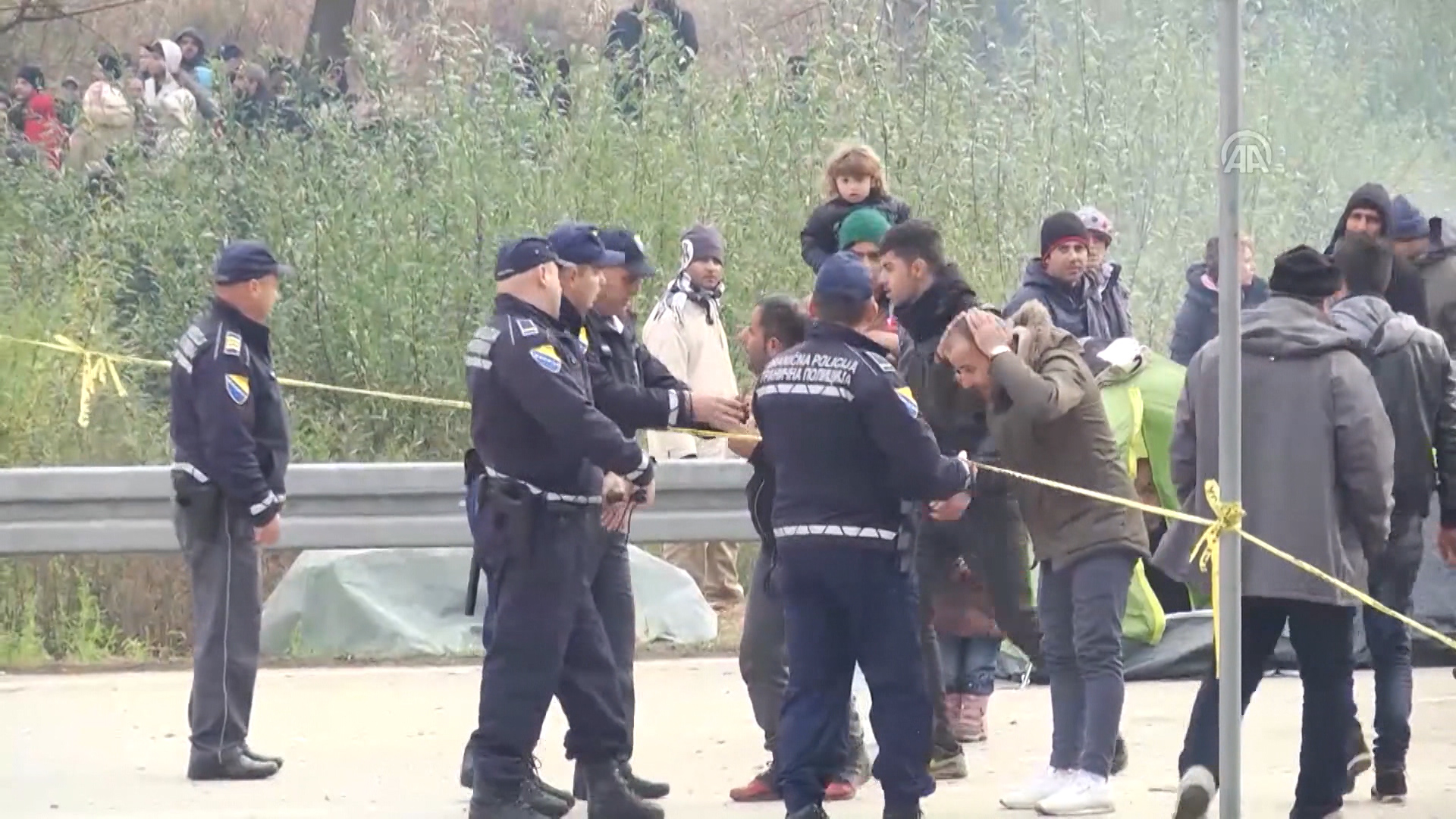
Residents of Bosnia's north-western city of Bihac will hold protests on August 29 at the city square against the migrant crisis unfolding in this city, organizers said on Tuesday, adding that their goal is to change the current situation, remove foreign nationals from the streets of Bihac and their humane accommodation.
Their main requests are the immediate solution to the migrant crisis, displacement of migrants from Bihac and prevention of further influx of migrants to the Una-Sana Canton, of which Bihac is the administrative centre.
They also asked for an immediate reaction of public railway company of the Bosniak-Croat shared Federation (FBiH) entity (Zeljeznice Federacije) whose trains migrants use to get from Sarajevo to this canton.
Bihac residents threaten they will block the railroad unless something is done about this.
Earlier this month, Bihac Mayor Suhret Fazlic said for N1 that this canton is currently home to some 7,000 migrants, of which some 3,000 reside on Bihac streets. He asked for an immediate reaction from the FBiH Interior Ministry and competent entity and state agencies and institutions regarding this issue.
In the meantime, residents from the neighbouring city of Velika Kladusa have been protesting for the past two days over the same problem. They even attacked a bus carrying migrants into the migrant camp, breaking one of its windows. They too demand that migrants be displaced from city streets. ž
Since the beginning of the migrant crisis, after some EU countries imposed a hard border, a new, Balkan route was formed and it went through Serbia, Bosnia and Herzegovina to Croatia – the first EU member state on it.
Following Croatia's re-enforcements of the border with Bosnia, cities of Bihac and Velika Kladusa found themselves in the centre of the crisis because all the migrants coming into the country from Serbia flocked to these two towns, hoping to cross the border through what they call “the game.”
The game is when dozens of migrants try to overwhelm the Croatian Border Police, making room for some of them to cross into Croatia. Several thousand migrants currently reside in several camps built near these two cities in an attempt to get them off the street and help the local authorities in providing for their basic needs.
Kakvo je tvoje mišljenje o ovome?
Učestvuj u diskusiji ili pročitaj komentare





 Srbija
Srbija
 Hrvatska
Hrvatska
 Slovenija
Slovenija







